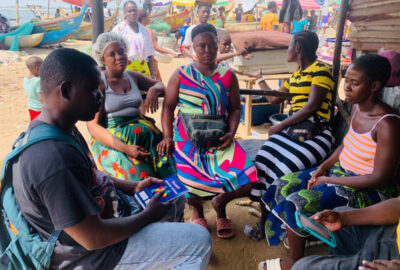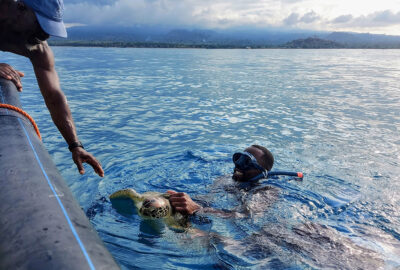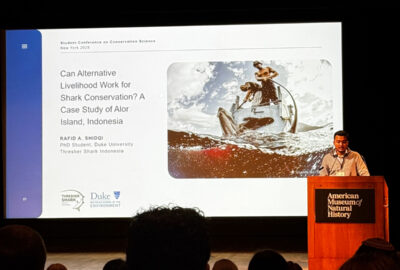MCAF: Fishermen Monitoring Network in Haiti Leads to New Discoveries and Opportunities
Efforts to protect and preserve Haiti’s key marine species are aided by fishermen in the marine ecosystem monitoring network.
By New England Aquarium on Monday, June 17, 2019

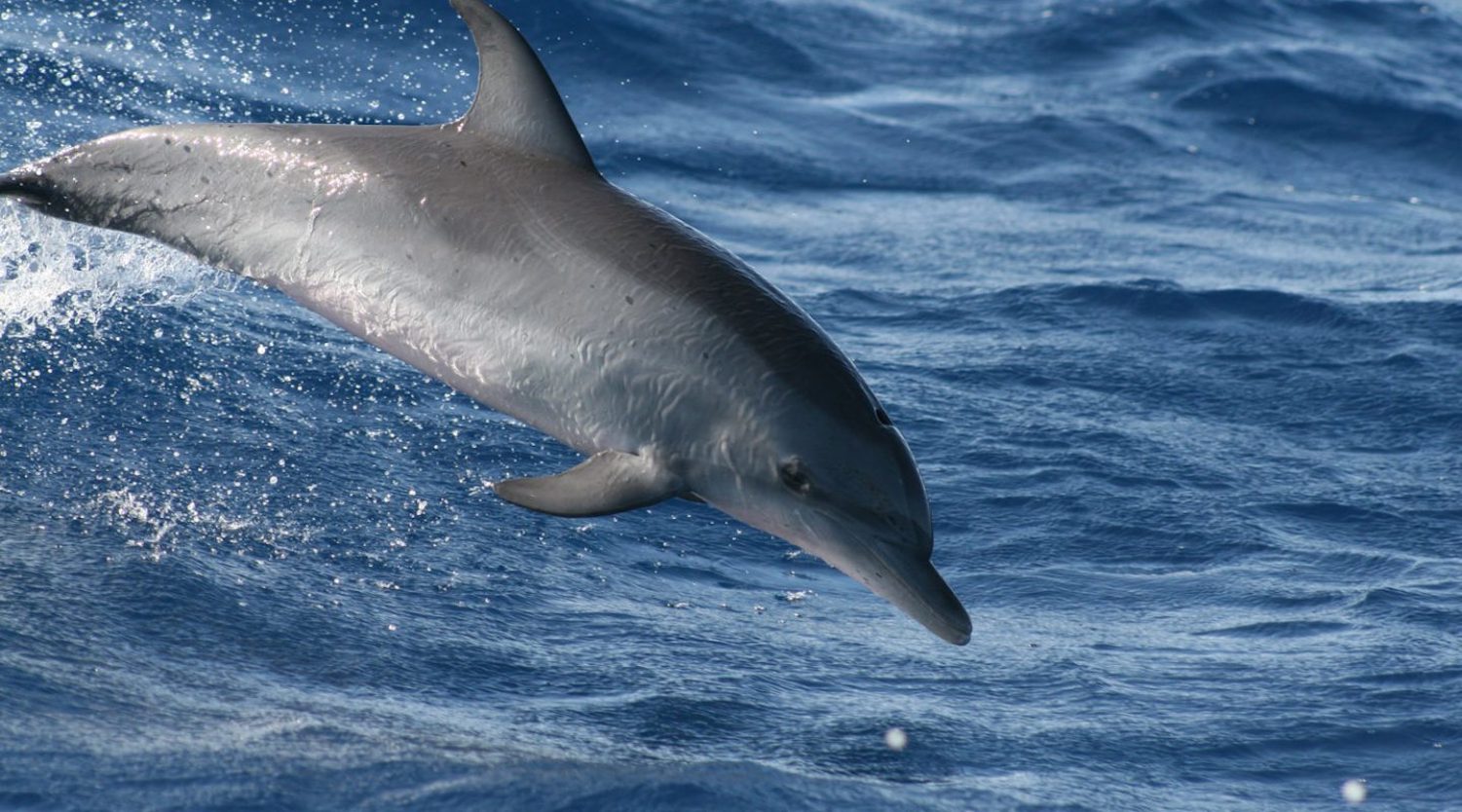
This post is one of a series on projects supported by the New England Aquarium’s Marine Conservation Action Fund (MCAF). Through MCAF, we support researchers, conservationists, and grassroots organizations around the world as they work to address the most challenging problems facing the oceans.
Today’s guest post comes from MCAF grantee Jamie Aquino, director of the Haiti Ocean Project.
Although we have been observing key marine species in our Haitian waters since 2007, it was a decade later that we had an opportunity to take those observations and turn them into assessment, studies, and research. With funds from the MCAF, our marine ecosystem monitoring network of top-level species along the Canal de la Gonave became a reality. With our plan to put smartphones and marine species ID guides in the hands of fishermen, the wealth of information, photos, and videos was overwhelming and valuable.
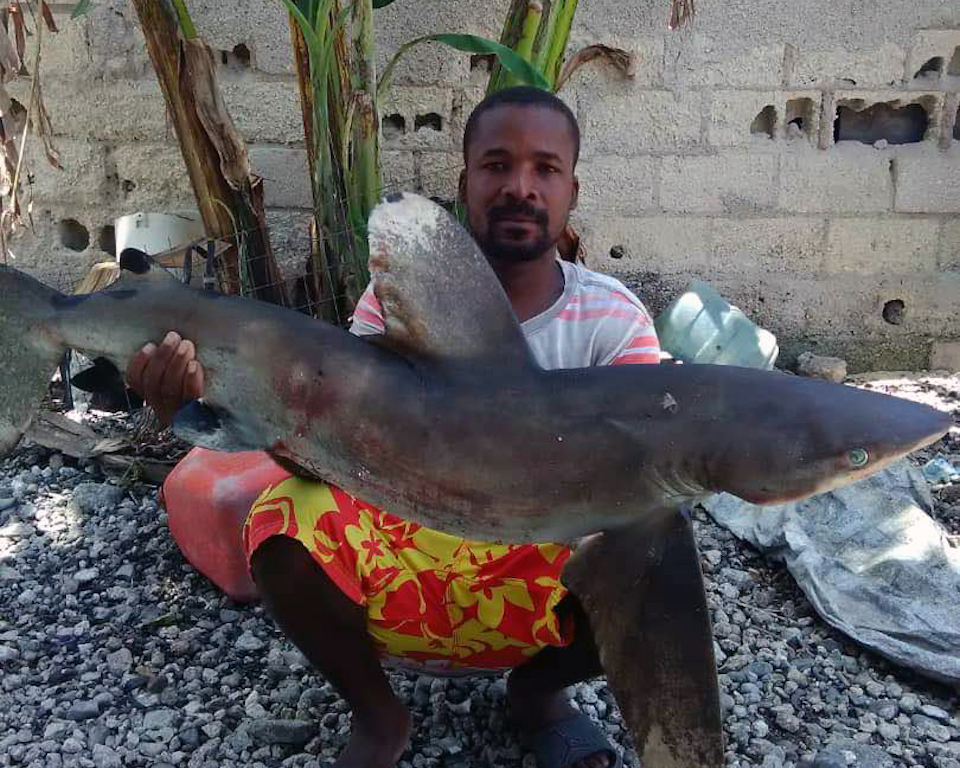
The biggest scientific discovery involved the oceanic whitetip shark, specifically the juveniles. A team of U.S. shark researchers had been studying these sharks in the Bahamas for the past seven years. During that time, they placed satellite tags on more than 100 individuals, many of which were determined to be pregnant. Through the tracking research, they determined several patterns of movements, which confirmed that some of these female sharks had passed through our region of Haiti. Meanwhile, we had been reporting high sightings of young-of-year oceanic whitetip sharks in our area, based on information and photos obtained from fishermen through the monitoring network. The conclusion is that our juvenile oceanic whitetip shark population may be the offspring of the pregnant adult females previously tagged in the Bahamas. This will all be concluded this summer, when a group of leading shark scientists join us in Haiti to help us protect this critically endangered species in our waters. Many juvenile oceanic whitetip sharks are caught and killed by local fishermen in Haiti, so this important research can help reduce mortality in these early life stages and ultimately provide the missing piece to the management puzzle for this critically endangered species.
In addition to the sharks, we have other exciting news involving sea turtles. Having spent the past few years assessing our sea turtle populations and concluding that hawksbill and green turtles are the species most commonly found in our region, we have also identified nesting beaches. This summer, we will monitor these beaches in the hopes that a sea turtle can successfully lay her eggs, and we can watch the first hatchlings in over a decade in our region of Haiti crawl to the sea! We also are developing Haiti’s first sea turtle rehabilitation facility, which we will begin to design this summer behind our marine conservation center. With an X-ray unit and sea turtle pools having been donated and with the guidance of sea turtle biologists from the Dominican Republic and United States, we can properly treat injured sea turtles in the coming months.

Fishermen who have helped us with our monitoring network have been extremely observant of marine mammals in our waters. With help identifying patterns and behaviors among the pantropical spotted dolphins and sperm whales specifically, we are more confident about their migration routes along the Canal de la Gonave. This is crucial information to help us as we move forward with the establishment of Haiti’s first whale and dolphin watching business, which will create additional income opportunities for local fishermen and showcase the ecotourism potential of Haiti. While we continue to conduct assessments and studies on our whale and dolphin populations throughout the remainder of this year and into 2020, we also are ready to conduct regular whale and dolphin watching tours by early fall.
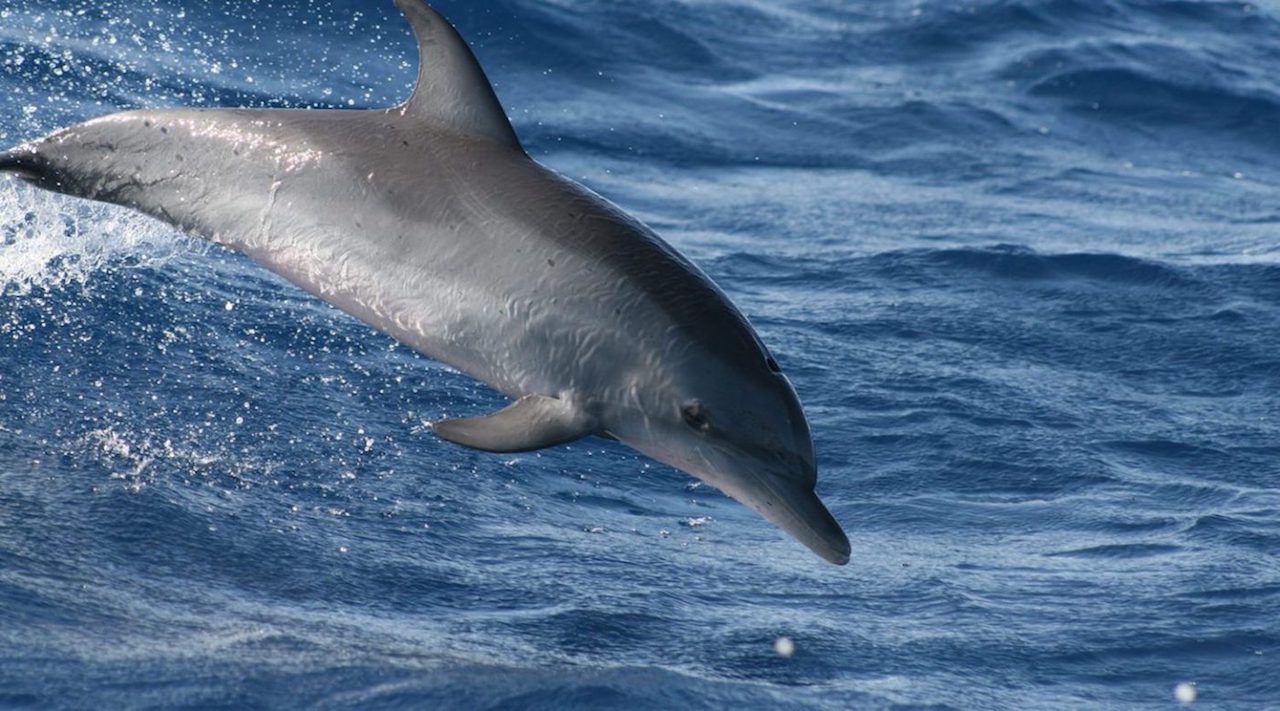
This year has started off amazingly for us, and we only anticipate it get even better. All that we have accomplished since receiving the MCAF grant in 2017 has culminated in a great deal of success in our efforts to protect and preserve Haiti’s marine mammal, shark, ray, and sea turtle populations. As we move forward with all our initiatives, we look forward to even more progress and great news.

